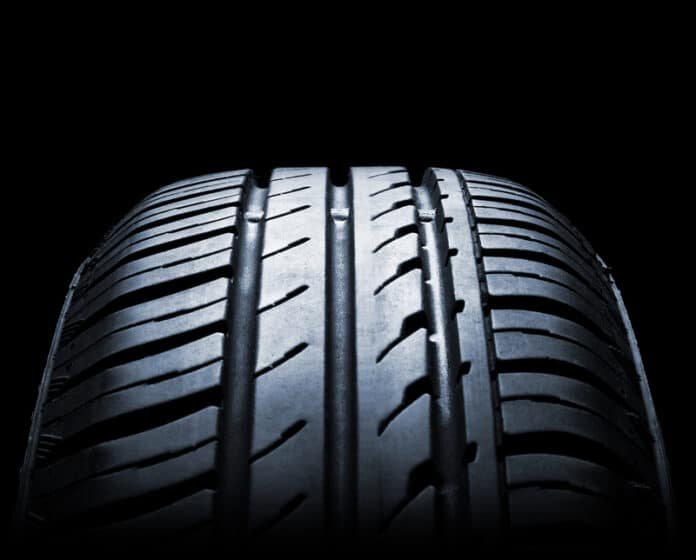Goodyear, Bridgestone, Michelin, Continental, Nokian, and Pirelli are seeking to have class action lawsuits against them dismissed, following accusations of colluding to inflate the prices of replacement tires in the U.S. market. The tire manufacturers have filed motions in U.S. District Court, claiming that the allegations are based on unfounded claims and lack sufficient evidence to support the accusations of price-fixing.
The lawsuits, filed by consumers, auto dealerships, and other purchasers, accuse the tire companies of engaging in a coordinated effort to raise tire prices, ultimately impacting the cost of replacement tires across the United States. These class action lawsuits were filed in February 2024, following a European Commission investigation into potential price-fixing activities by tire manufacturers in Europe. However, the tire manufacturers have vehemently denied the allegations, arguing that the lawsuits are speculative and rely on an irrelevant European investigation that has yet to yield any conclusive findings.
The lawsuits, which represent a class of U.S. consumers and businesses, claim that the tire manufacturers conspired to raise prices on replacement tires over a span of several years. According to the plaintiffs, this price-fixing scheme led to a dramatic 21.4% increase in tire prices between 2021 and 2023. Given that the U.S. replacement tire market is worth an estimated 57 billion dollars (2023), the lawsuits allege that these price hikes artificially inflated the costs for millions of consumers and businesses across the nation.
The class action lawsuits contend that the tire makers’ coordinated actions, including price-setting and market manipulation, violated U.S. antitrust laws, specifically the Sherman Act. The plaintiffs argue that the tire manufacturers acted together to stifle competition and ensure higher profits, resulting in inflated prices for replacement tires, which in turn harmed consumers.
In their joint filing to dismiss the lawsuits, Goodyear, Bridgestone, Michelin, Continental, Nokian, and Pirelli rejected the accusations of price-fixing. The tire companies characterized the plaintiffs’ claims as “far-fetched,” asserting that no evidence of a price-fixing conspiracy exists. They argue that the lawsuits rely on circumstantial evidence—namely, the ongoing European Commission probe—which they maintain is irrelevant to the U.S. market.
The tire companies emphasized that the European investigation is still in its early stages and has not led to any findings of wrongdoing. They further pointed out that the mere existence of an investigation in Europe does not automatically justify legal action in the United States, especially since antitrust laws in the two regions differ significantly. The tire manufacturers contended that their pricing strategies were based on market forces, not any coordinated attempt to manipulate prices.
The companies also pointed out that the U.S. tire market is highly competitive, with numerous players and varying price points. They argued that their pricing decisions were reflective of standard business practices in a competitive market, rather than a secretive and illegal agreement to inflate prices. In their legal filings, the tire manufacturers underscored that consumer choice and competition are not being undermined by their actions, challenging the fundamental premise of the class action lawsuits.
While the price-fixing lawsuit is a significant legal challenge for the tire companies, it is not the only legal issue they are facing in the United States. In a separate case, environmental groups have filed a lawsuit against the 13 largest U.S. tire manufacturers, accusing them of using a chemical compound known as 6PPD, which is believed to be harming salmon populations in rivers along the Pacific Coast.
6PPD is used to preserve the rubber in tires and prevent degradation. However, when tires break down, the chemical is believed to break down into a toxic byproduct that contaminates waterways and poses a serious risk to aquatic life, particularly salmon. The fishing groups, supported by the environmental organization Earthjustice, claim that the tire manufacturers have known about the environmental dangers of 6PPD for decades but have failed to take steps to mitigate its impact. The lawsuit seeks to stop the use of 6PPD in tires, citing its detrimental effects on ecosystems and wildlife.
These environmental lawsuits add another layer of legal complexity for tire manufacturers, who are already facing the class action price-fixing litigation.
The tire price-fixing case is officially known as In Re: Passenger Vehicle Replacement Tires Antitrust Litigation and is currently being heard in the U.S. District Court for the Northern District of Ohio.




